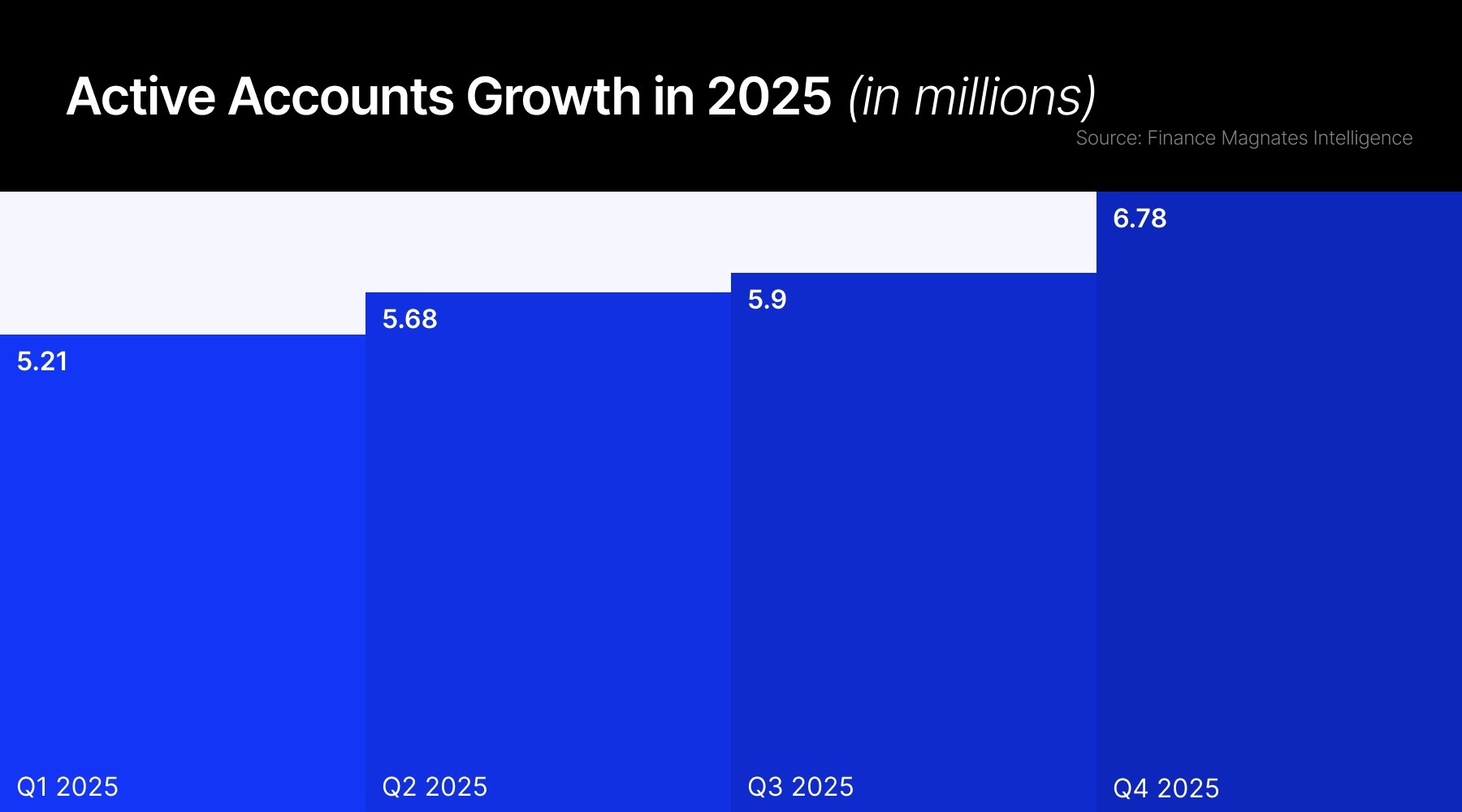The fintech giant Revolut is contemplating changing its auditors at a pivotal moment in its endeavor to secure a banking license in the UK. This is due to a recent disagreement with its audit report by BDO, The Standard reported.
The audit raised concerns about the completeness and occurrence of a significant portion of the company’s revenues. This has triggered a response from Revolut’s executives, including legal action to alter media coverage.
Revolut's Audit Challenges and Market Expansion
While the company maintains confidence in its financial statements, there is uncertainty around the planned changes. In March, BDO’s audit report raised issues regarding a sum of £477 million in the firm’s financial report, citing potential misstatements and IT control problems.
Despite considering a shift from BDO, Revolut could retain the auditors at least until the end of its 2023 financial year. However, the plans could potentially impact Revolut’s quest for a British banking license. Revolut has waited for a long time to secure its approval due to audit-related challenges.
Recently, Revolut unveiled plans to grant retail investors access to bond trading in Europe. This move aims to democratize the corporate and government bond market by lowering the minimum investment amount to €100. With a valuation of approximately €122 trillion, this market has traditionally been challenging to retail investors.
Revolut's foray into the bond market is not limited to Europe. It will encompass the US market as well. The fintech firm’s retail investors will gain access to US government bonds and corporate bonds from major entities like Wells Fargo and Apple, Finance Magnates reported.
Pursuit of the UK Banking License
Currently, Revolut operates within the European Union under a Lithuanian banking license. However, the UK remains an important market for the company in terms of revenue. Revolut applied for a banking license in the country in 2021. However, the company has faced challenges involving the complexity of its ownership structure. The Bank of England has highlighted multiple share classes as an issue in granting the license.
However, after months of negotiations between Revolut and SoftBank, known as "Project Swan", they reached an agreement to streamline this concern. SoftBank relinquished its preferential rights without the need for issuing new shares or imposing any financial consequences on Revolut.
Additionally, Revolut consolidated shares by other major investors like Tiger Global Management. This move aligned with the company's ambition to enhance its offerings, including potential expansion into lending products and the protection of customer funds under the UK's deposit insurance scheme.


















